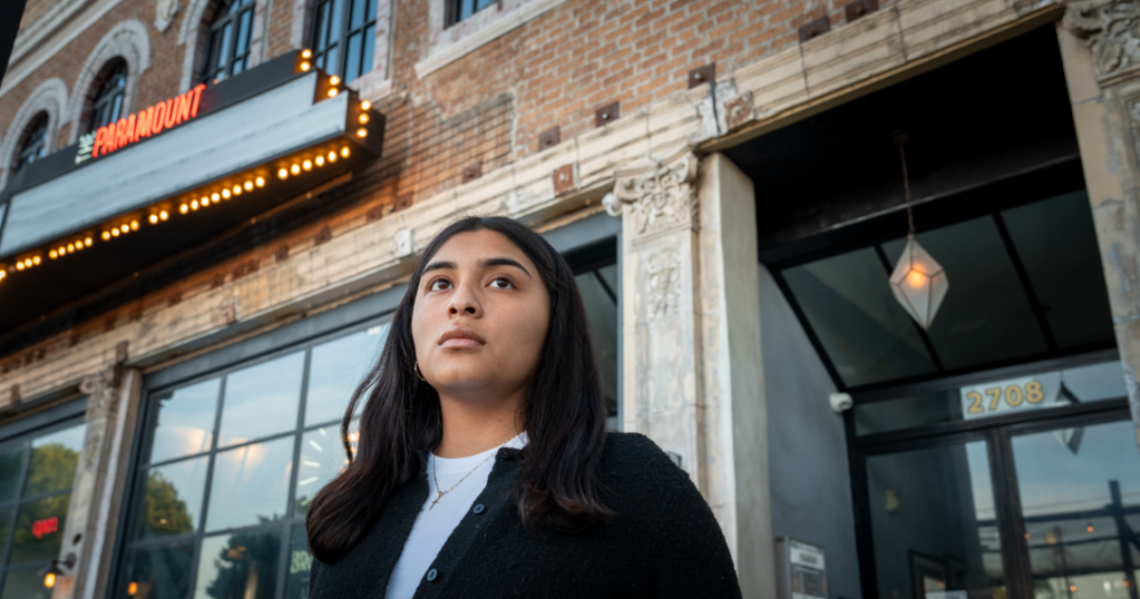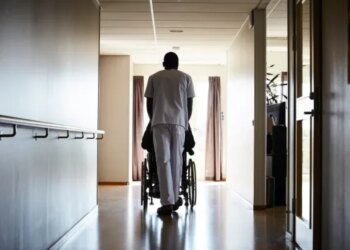At the 30-minute mark of her weekly radio show, Kennia Camacho strings together a list of events that are triggering her anxiety and stress.
The teenage daughter of an immigrant made clear in a late January broadcast that the president’s executive order to end birthright citizenship, the tech billionaires front-and-center at the inauguration and talk of dismantling the United States Department of Education have made her feel terrified and confused. She feels powerless to prevent the possible deportation of family, shocked by the ease of TikTok’s disabling — and then its sudden return — and unsure if she will continue to receive financial aid to attend college. Sharing her feelings and those of others has become the hallmark of her show, Crisis Communicator.
Camacho then switches to her listeners’ concerns. She reads aloud their names and worries, or what she refers to as their multifaceted “crisis” — a broken phone, family drama and, literally, spilled milk. She laughs, but never dismisses what anyone shares. That’s the point.
Crisis Communicator has become a place for Los Angeles teens to share how they cope with anxiety, stress and depression. This hour-long broadcast is one way of helping California youth through what has been called a mental health crisis.
Young women, and Latinas in particular, more frequently experience anxiety, depression and stress than their male counterparts. In California, girls are 1.5 times more likely than boys to report feeling nervous, hopeless, restless, worthless, depressed or that everything feels like an effort, according to a UCLA study. Nationwide, in 2021, three in five girls felt persistent feelings of sadness and hopelessness — double the rate in boys, according to a 2023 CDC study. Adult…
Read the full article here







